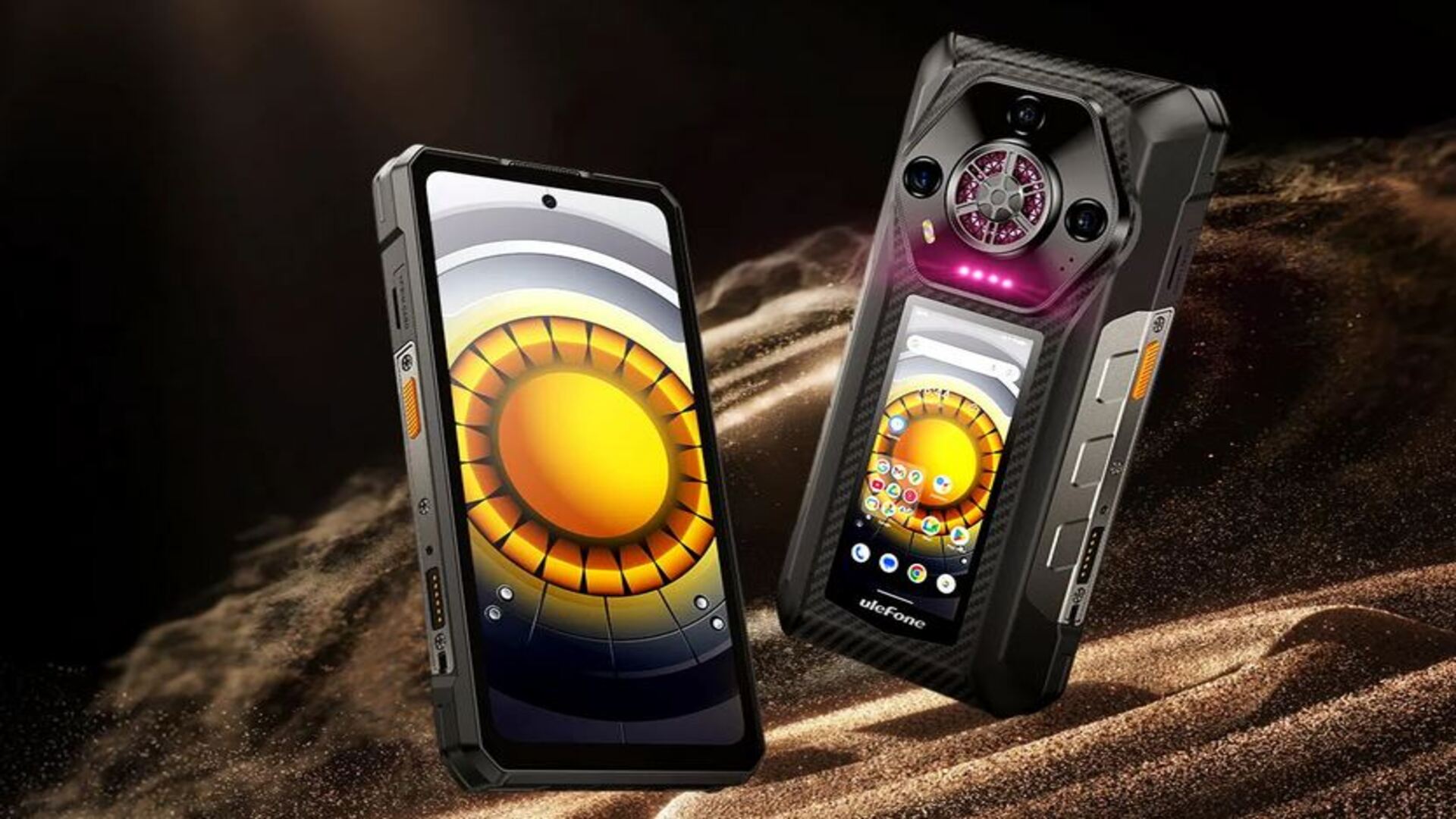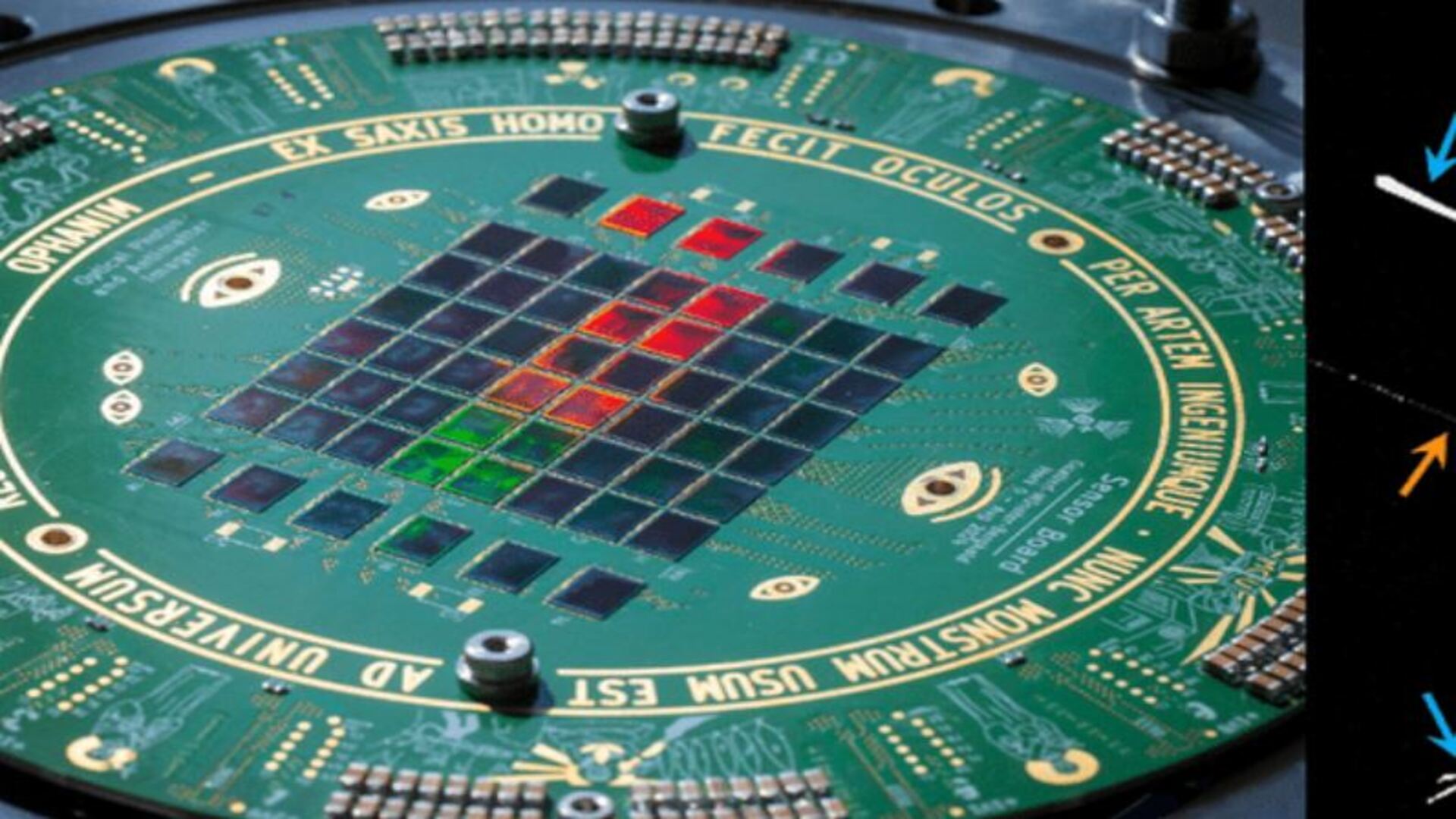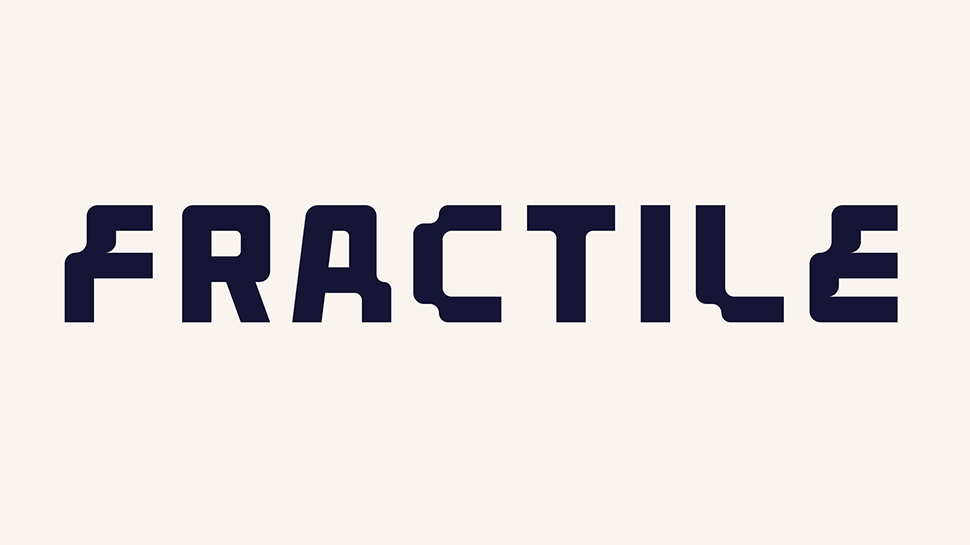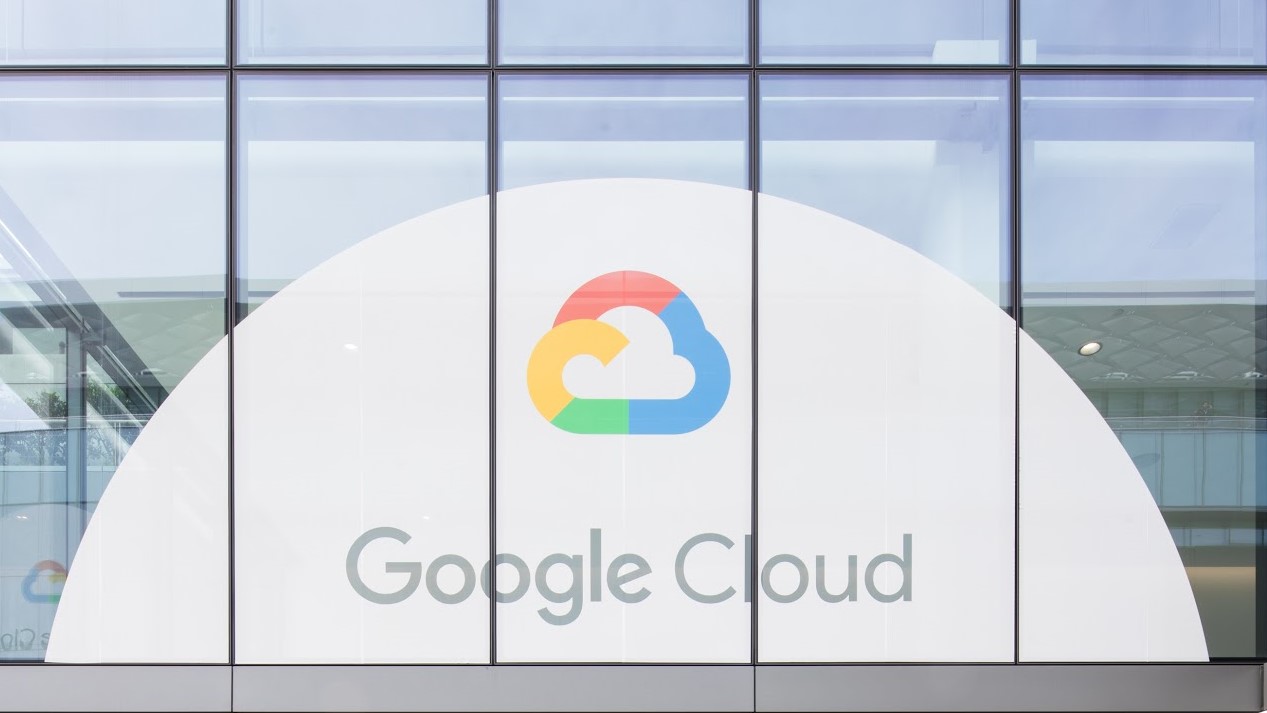All Chromebooks will now be Linux-ready
Google will bring full Linux support to all Chromebooks launched this year
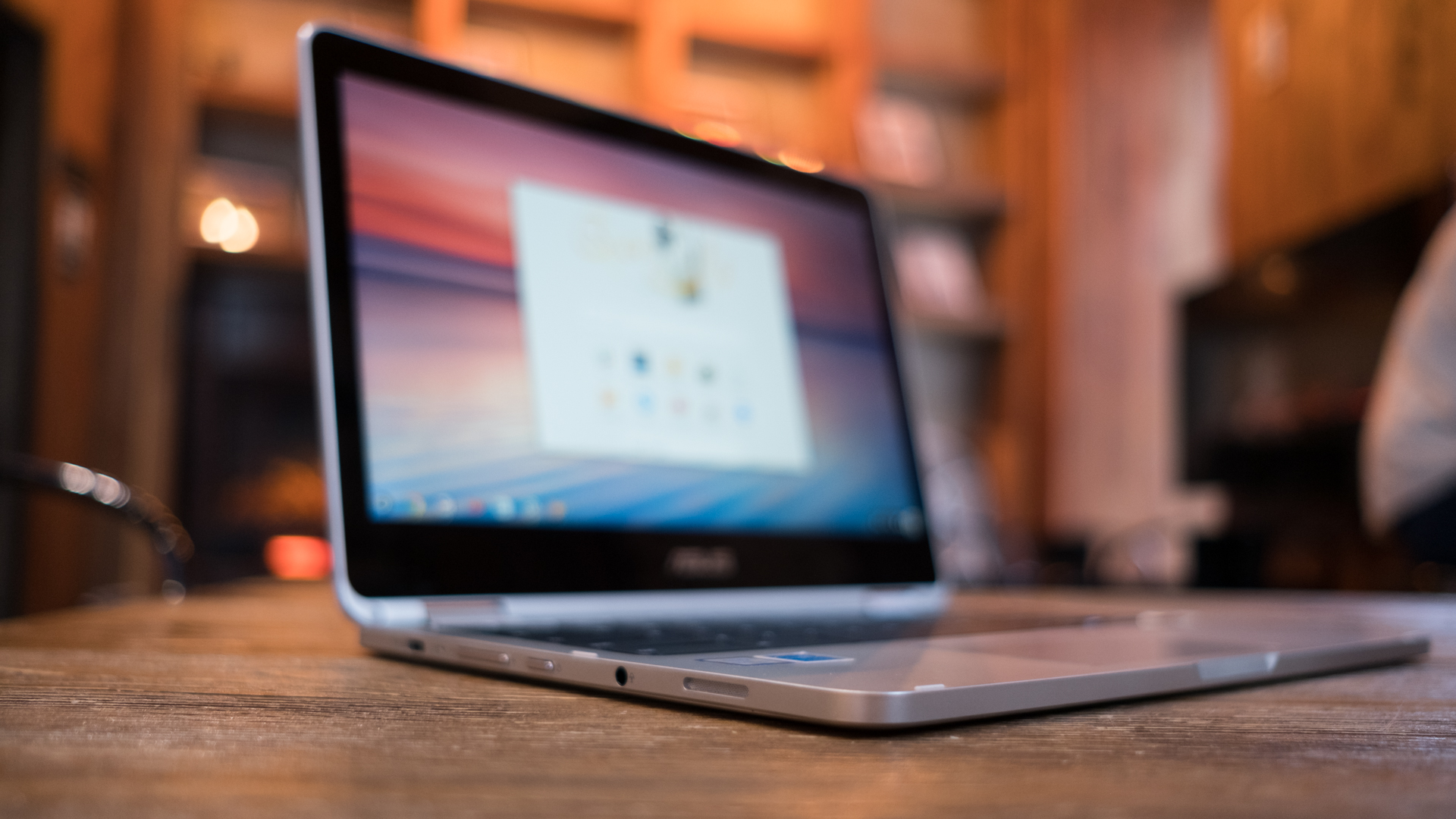
At this year's Google IO developer conference, Google quietly revealed the fact that all Chromebooks launched this year will be Linux-ready right out of the box.
Last year the company began to make it possible to run desktop Linux on Chrome OS and since then more Chromebooks have been able to run Linux. However, in the future all of them will be able to do so regardless of whether they are ARM or Intel-based.
Before now, running Linux on your Chromebook required you to use the open-source program Crouton to run Debian, Ubuntun and Kali Linux but the setup process did require some technical know-how and wasn't accessible to all Chrome OS users.
- What is a Google Chromebook?
- Google hails Chromebook impact on schools
- Chromebooks are getting a better search box powered by Google Assistant
Now running Linux on your Chrome OS device is a much more straightforward process. Simply open the Chrome OS app switcher and type “Terminal” in the search box. This will launch the Termina VM which begins running a Debian 9.0 Stretch Linux container and you're now running Debian Linux in Chrome OS.
Ubuntu and Fedora can also be run on Chrome OS but their setup still requires a bit more work to get up and running.
Three operating systems at once
Unlike running Windows on Mac from Boot Camp, Linux on Chromebooks are not dual-boot and instead you're running both operating systems simultaneously. This means you can browse files in the Chrome OS file manager and open them with Linux apps such as LibreOffice without having to initiate a Linux session.
In fact, in the latest canary Chrome OS release, you can even use the file manager to move files across Chrome OS, Google Drive, Linux and Android.
Are you a pro? Subscribe to our newsletter
Sign up to the TechRadar Pro newsletter to get all the top news, opinion, features and guidance your business needs to succeed!
While the average user may not have a need for this kind of workflow, developers can greatly benefit from it as it allows them to develop for all three operating systems from one platform. The release of Chrome OS 77 added secure USB support for Android phones and now developers can write, debug and release Android Application Packages (APKs) to Android phones from any Chromebook that is Android developer-recommended.
When Chrome OS first debuted, many people criticized it for just being a glorified web browser. However, Google has continued to add functionality to its desktop OS and now with Linux and Android support, developers may actually be able to leave their Mac or Windows PCs behind.
- Tired of jumping through hoops to get Linux running in Chrome OS? Check out the best Linux laptops instead
- See the best Google Chromebook VPN extensions
Via ZDNet
After working with the TechRadar Pro team for the last several years, Anthony is now the security and networking editor at Tom’s Guide where he covers everything from data breaches and ransomware gangs to the best way to cover your whole home or business with Wi-Fi. When not writing, you can find him tinkering with PCs and game consoles, managing cables and upgrading his smart home.


